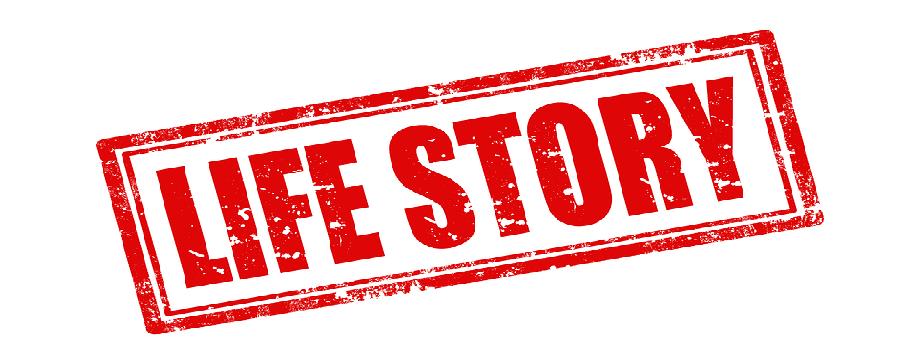In my previous post, I told you that self-awareness is improved through looking at your life stories. If you want greater awareness of your leadership personality, take a look at your life stories. I suggested an easy writing exercise to outline the people, places and events that had an impact on you.
How does our leadership personality take shape? From childhood on, we use experience and storytelling to form worldviews about others and ourselves.
One psychologist has defined personality as the “strategy people develop for getting out of childhood alive.” Rarely is our childhood a matter of life and death, but for some it certainly felt that way at the time.
Leaving a protective home environment for school can be frightening. There are certainly magical childhood moments, but we forget what emotional savages children can be. Children do and say cruel things to each other. As distressing as that can be, most of us manage to bury those memories — or, at least, we think we do.
It’s important for your self-awareness to write down key moments in childhood where you encountered strong emotions with other children.
School is the place where we learn to share, fit in and avoid ridicule. We begin to form opinions about our self-identity, intelligence and social abilities. When we enter the workplace, our stories are rekindled.
Your Childhood Revisited
We revisit our early school years as soon as we walk into the workplace. We become “the new kid.” We subconsciously play old tapes in our mind. We see ourselves as a leader or follower. We want to take charge, or sit in the back of the room unnoticed.
Write down key moments in school that you remember strongly. What was going on? How did you feel? What did you tell yourself about your classmates? Your teacher? Yourself?
As adults, with each job we accept, with each new position we hold and responsibility we fulfill, we operate from a template formed by past experiences. How you respond today is heavily influenced by prior experiences — particularly your school days and initial workplace events.
As children, we don’t necessarily need major events like divorce, illness, poverty, wars, or violence to have powerful memories that impact us forever. Often it’s the little things that others said or did that left wounds on our inner belief system.
Self-development requires examination, awareness and the ability to reframe our stories to form a solid foundation for character and values. You mostly likely can’t do a thorough exploration of yourself on your own. This is work that should be done with someone you trust: a mentor, peer or coach.
If you haven’t yet worked with a coach, perhaps we should talk? Call me!

Did You Enjoy This Article?
Join thousands of other smart business owners like yourself & get our Proffittable Times newsletter.
It's filled with actionable content you can apply immediately.
Sign up now to get started!
– Coach Nancy










